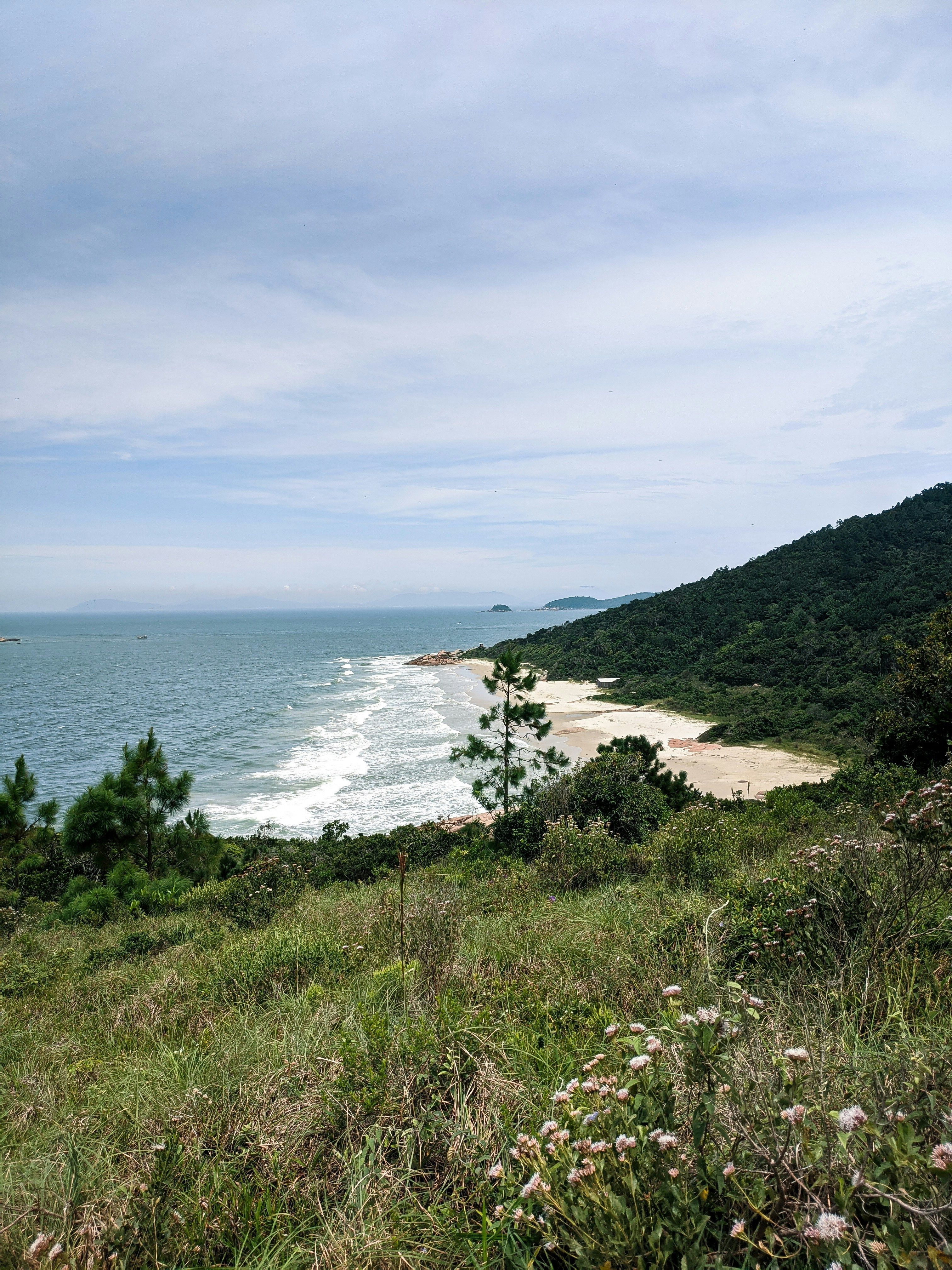Probability of Indo-Pakistan Conflict: Examination of the Tensions Simmering between the Two Nations.
Let's dive into the latest chaos whirled up between India and Pakistan, two nuclear giants locked in a long-running battle over the controversial Kashmir region nestled at the foot of the Himalayas.
Pakistan-India: Pakistani Prime Minister Postures in Response to Hostilities
Here's a wrap-up of key questions and answers:
India hammers Pakistan - Why?
India defends its Tuesday air strikes based on a heavy terrorist attack two weeks prior: on April 22, Islamic extremists massacred 34 in the Indian-claimed part of Kashmir—most victims were tourists.
India: Post-attack, expel all Pakistani citizens?
Blaming Pakistan for sheltering terror groups for years, India's allegations pin the Pahalgam attack on the Lashkar-e Taiba group, who claimed responsibility. Consequently, Indian strikes targeted exclusively Pakistani terrorist hotspots.
Pakistan's government brands these actions a "blatant act of war," reporting civilian casualties, though this remains unverified. Meanwhile, Jaish-e-Mohammed voiced sorrow for slain members, bumping up the conflict stakes.
Pakistan's support for terrorists - any evidence?
Western intelligence has long questioned Pakistan's governments' complicity in harboring terrorists. Christian Wagner, an India expert at Berlin's Stiftung Wissenschaft und Politik (SWP), substantiates this during an interview: "There were indications in past investigations that terrorists were in touch with Pakistan's intelligence services."
What will Pakistan do in retaliation?
This is the looming question. On Wednesday, PM Shehbaz Sharif convened a security meeting, threatening, "Pakistan's military retains the privilege to counterattack in self-defense."
However, it seems unlikely Pakistan will directly assault Indian terrorist infrastructure, primarily due to a lack of such infrastructure. A move against military positions would escalate tensions further. Wagner warns, "India could then retaliate again, targeting Pakistani military posts, thus triggering an escalation spiral."
Nuke war risk?
Thankfully, nuclear war remains highly unlikely. Although multiple skirmishes have erupted since 1998, when both countries developed atomic bombs (1999 and 2019), conflicts can stay confined at lower levels.
Who's got the upper hand?
India easily outnumbers Pakistan's military by roughly thrice as many soldiers and boasts an abundance of modern military equipment. Economically, India trumps Pakistan and enjoys greater stability.
Yet, Pakistan's government grapples with multiple struggles, making a war with India unfavorable. Wagner states, "Pakistan is internally unstable, making a conflict with India unfavorable."
Third-party intervention possible?
The U.S., China, and Iran have urged both sides to cool tensions. Nevertheless, Wagner points out, "India sees itself as a global power and has already stated it won't accept mediation by external parties."
Kashmir's troubled past?
This conflict dates back to colonial times when the British partitioned British India in 1947. Both countries claimed the Kashmir kingdom, where a Hindu ruler presided over a Muslim populace. Fueling the flames, the first Kashmir war broke out, securing India the territory it controls today. China capitalized on the chaos, seizing the region's Buddhist north and maintaining control to this day.
For those curious about Kashmir's role as a tourist destination, despite the tumultuous region, India is marketing Kashmir to the world to attract tourists.
- In the realm of general news, the political tensions between India and Pakistan escalated once again due to the war-and-conflicts between the two nations over Kashmir, a region rich in political controversy.
- Politics and war-and-conflicts continue to dominate the discussions between India and Pakistan, with both nations engaging in military posturing and escalating hostilities, raising concerns about third-party intervention and the risk of nuclear war.









